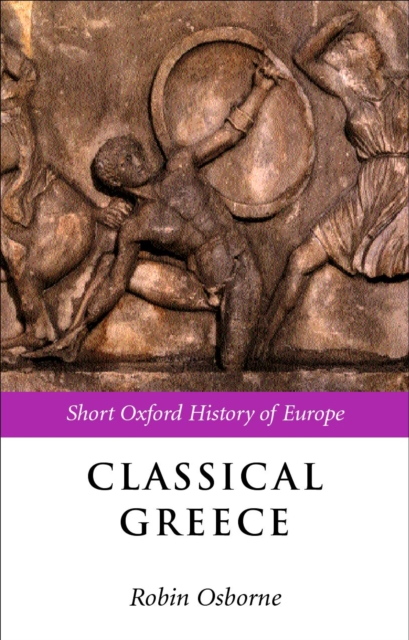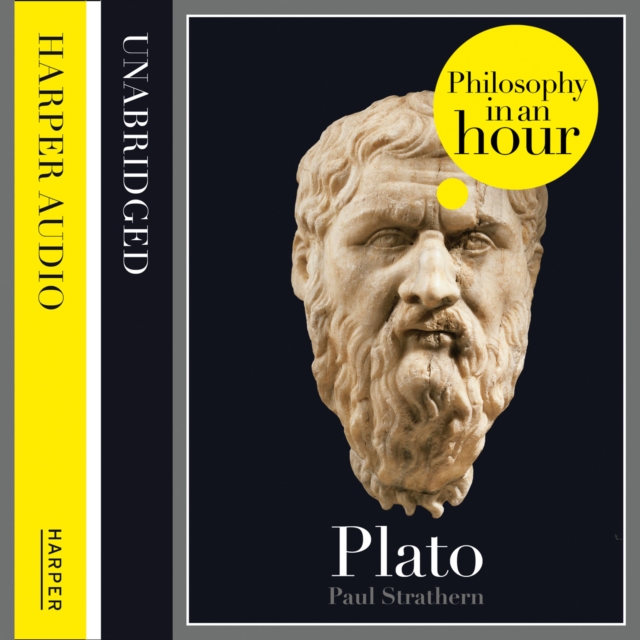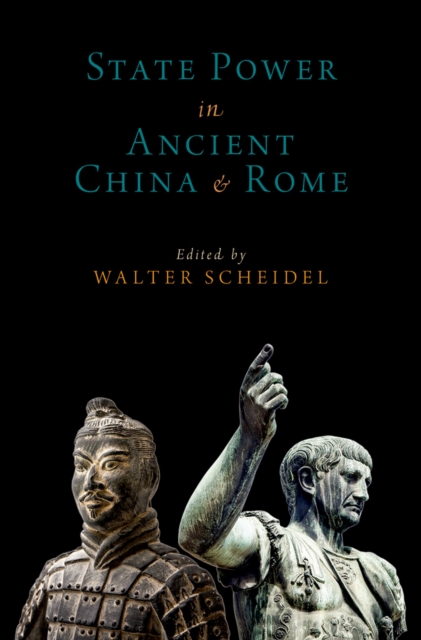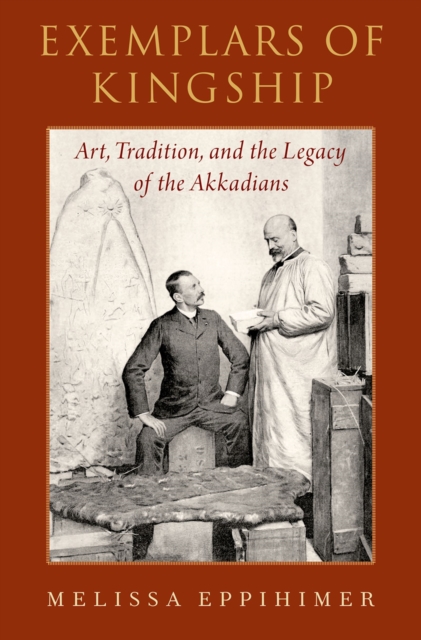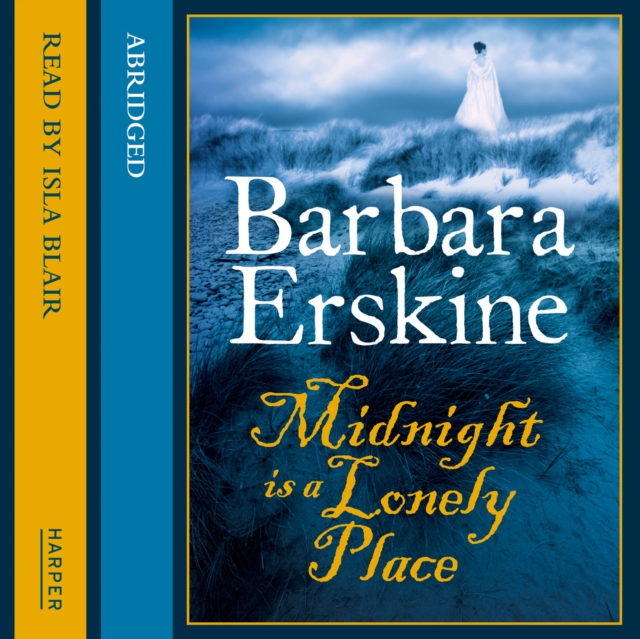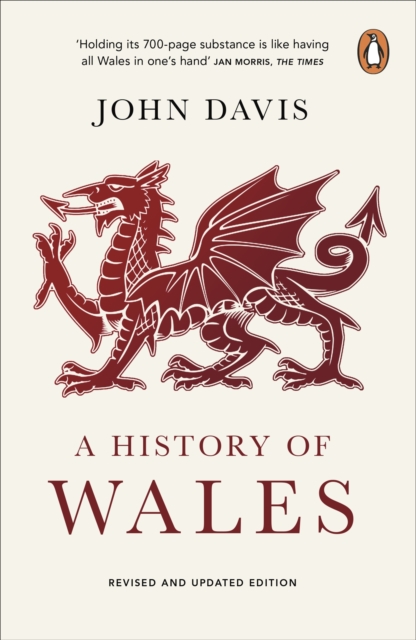The most important Christological controversies were waged during the Third through the Sixth Ecumenical Councils. This book argues that each of these councils can be characterized by the labels Nestorian, Monophysite, or proto-Monophysite. In the Third and Fourth Councils a Nestorian or Antiochene victory followed a Monophysite one, and the pattern was repeated identically with the Fifth and Sixth Councils. If this seems to damage the religious interpretation of the councils as the slow hammering out of orthodoxy or to contradict the current interpretation of the councils, it is not meant to. In contrast to R. V. Sellers, the distinctions between the Alexandrian and Antiochene approaches to Christology are maintained, and each council is labeled as coming down on one or the other of the two sides. The book's title reflects a half-truth. Orthodox Christology, at least until the outbreak of the Iconoclastic crisis, was characterized by a progression from the deifying and unifying impulse of the Alexandrian school in favor of the humanizing and dichotomizing tendency of the Antiochene. However this book does not affirm anything other than that early orthodoxy successfully navigated the often narrow strait between Nestorianism and Monophysitism. By continually changing sides, and by declaring the decrees of all previous councils binding, it found itself outwitting both the Monophysites and the Nestorians.
Get From Monophysitism to Nestorianism by at the best price and quality guranteed only at Werezi Africa largest book ecommerce store. The book was published by and it has pages. Enjoy Shopping Best Offers & Deals on books Online from Werezi - Receive at your doorstep - Fast Delivery - Secure mode of Payment
Digital Rights Management (DRM)
The publisher has supplied this book in encrypted form, which means that you need to install free software in order to unlock and read it.
Required software
To read this ebook on a mobile device (phone or tablet) you'll need to install one of these free apps:
To download and read this eBook on a PC or Mac:
-
Adobe Digital Editions
(This is a free app specially developed for eBooks. It's not the same as Adobe Reader, which you probably already have on your computer.)
 Jacket, Women
Jacket, Women
 Woolend Jacket
Woolend Jacket
 Western denim
Western denim
 Mini Dresss
Mini Dresss
 Jacket, Women
Jacket, Women
 Woolend Jacket
Woolend Jacket
 Western denim
Western denim
 Mini Dresss
Mini Dresss
 Jacket, Women
Jacket, Women
 Woolend Jacket
Woolend Jacket
 Western denim
Western denim
 Mini Dresss
Mini Dresss
 Jacket, Women
Jacket, Women
 Woolend Jacket
Woolend Jacket
 Western denim
Western denim
 Mini Dresss
Mini Dresss
 Jacket, Women
Jacket, Women
 Woolend Jacket
Woolend Jacket
 Western denim
Western denim
 Mini Dresss
Mini Dresss




